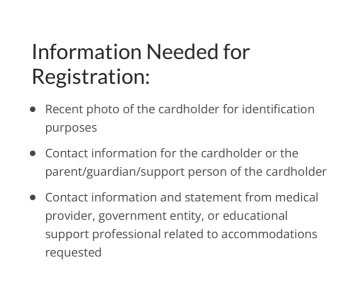Jellybean9
Mouseketeer
- Joined
- Mar 24, 2021
No, I have a family member that uses DAS. And my daughter is eligible for DAS so I try to stay pretty well informed. And I have read multiple times that advanced selections have stayed active for some users. You don’t have to believe me but it does happen."DAS users can have a snack, watch a parade, ride another attraction, visit a character all while "waiting in line"....these are all things that non-DAS users would like to do as well. To say there is not an advantage is kind of befuddling"
How very ignorant. CLEARLY you've not used DAS; the pre-booked attractions DON'T stay active after the hour. And I've waited on hold for DAYS to pre-book them, because they are necessary for us to be able to enjoy the parks at all.
You're assuming that everyone utilizing this program can just wander around enjoying this "advantage" during that wait time. And maybe some days we can. On most other days, we might be huddled in a bathroom, administering medications or suffering through horrific symptoms. Or we might be in the First Aid station for treatment, or siting or lying down to avoid passing out or suffering symptoms. Or we might be eating or drinking due to a medical necessity (not for a fun snack like "normal" people). Or we might be in the shade because direct sun or heat makes us sicker or causes serious health issues. Or we might be somewhere quiet, due to emotional issues or PTSD.
The DAS accommodations are NOT for fun, or to avoid wait times, or take advantage. They are NECESSARY for many people to be able to experience in a (typically limited) sense - even with the DAS - what YOU take for granted every single day.
You might want to reconsider stating things that aren't true, when you clearly haven't used this system, and don't understand the reason for it. Like the other poster said, check your privilege about an issue you obviously know NOTHING about.
I think that’s great you and many others are using the DAS wait times to take care of your needs! That’s definitely why DAS is in place and exists in its current format. Again, you will read that I said I don’t want the DAS program to go away. I don’t want the accommodations to change. All I pointed out was that I thought their verification process for issuing DAS should be more robust. Which I pointed out they COULD do because they are providing better access than a regular standby guest.

